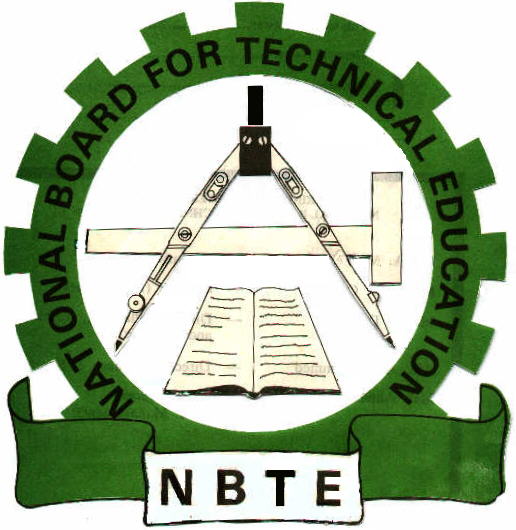The National Board for Technical Education (NBTE) has called for its transformation into the National Polytechnic Commission, emphasizing the need for collaboration with the House Committee on Polytechnics to realize this goal. This plea was made by the NBTE Executive Secretary, Prof. Idris Bugaje, during a recent presentation to the House Committee, led by Chairman Fuad Laguda, during their oversight visit to the board in Kaduna.
Importance of Collaboration
Bugaje welcomed the committee’s visit, expressing optimism for greater collaboration to advance the technical education sector. He highlighted the ongoing struggle to upgrade the NBTE, asserting that the support of the House Committee is crucial to achieving this ambition.
Established by Decree No. 8 of 1977 and revised in 1985 and 1992, the NBTE oversees and regulates more than 700 Technical and Vocational Education and Training (TVET) institutions across Nigeria. Bugaje underscored the vital role that TVET plays in addressing the nation’s skills gap, particularly in the realm of infrastructure development.
Addressing Skill Gaps
“No economy can grow without infrastructure,” Bugaje stated, referencing major national projects like the AKK Gas Pipeline and Dangote Refinery. He lamented that many of these projects rely on skilled labor imported from Asia, leaving Nigerian youth unemployed.
Bugaje emphasized the importance of utilizing existing Skills Development Centres within polytechnics to train local youth effectively. He also pointed out significant challenges facing TVET institutions, including insufficient funding, outdated curricula, lack of modern equipment, and the stigmatization of TVET graduates.
Budget Concerns and the NSQF
In discussing the budget, Bugaje described the 2024 budget as particularly challenging due to substantial cuts made by the National Assembly. He stressed the need for adequate funding to revise the National Diploma and Higher National Diploma curricula within a five-year timeframe.
Additionally, he raised concerns about the National Skills Qualification Framework (NSQF), which was approved in 2013 and implemented in 2017. Bugaje warned that the NSQF is threatened by the recent ITF Amendment Act 2024 and stressed the importance of protecting this framework to align Nigeria’s skill development with global standards.
Land Dispute and Corruption Issues
Bugaje also addressed a longstanding land dispute in Abuja, where a portion of NBTE’s allocated land has been occupied unlawfully. He called for the Tinubu Administration’s investigation into this issue, alongside nine other critical cases of inherited corruption.
Commitment from House Committee
In response, the House Committee Chairman assured the NBTE of their commitment to supporting the organization. He pledged to collaborate closely with the NBTE to tackle the challenges facing TVET institutions and ensure that Nigeria’s skill development meets international standards. The meeting included various stakeholders from the education sector, indicating a broad interest in improving technical education in Nigeria.
